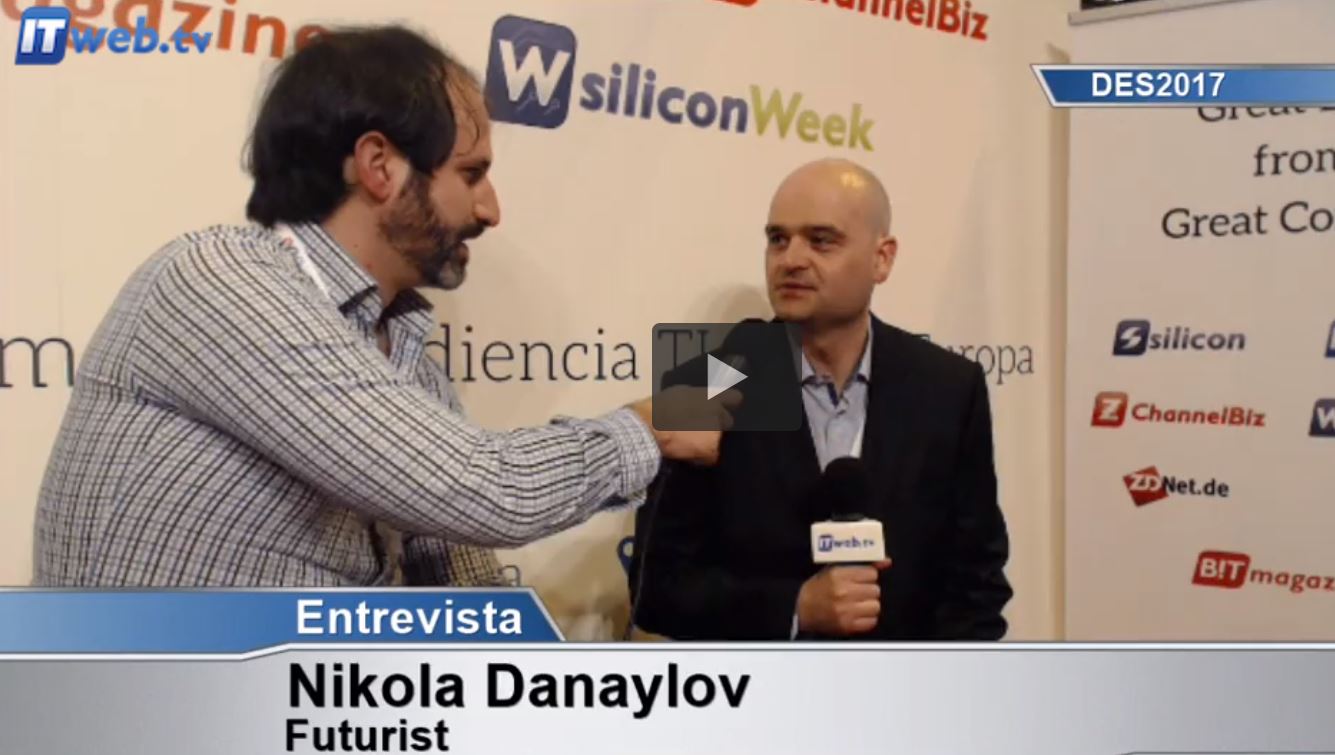 The year rolled away so quickly and I completely forgot that in May I was a keynote speaker at the DES 2017 Conference in Madrid, Spain. Luckily, a fan dug out this video from the depths of the internet and, since she liked it very much, I thought I’d share it with you on Singularity Weblog.
The year rolled away so quickly and I completely forgot that in May I was a keynote speaker at the DES 2017 Conference in Madrid, Spain. Luckily, a fan dug out this video from the depths of the internet and, since she liked it very much, I thought I’d share it with you on Singularity Weblog.
The interview runs about 12 minutes long and we cover a variety of topics such as: why in an age when answers are free questions are priceless; the technological singularity or what if your toothbrush is smarter than you; whether we should fear or not fear the singularity; artificial intelligence, technological unemployment and why we are all truck drivers now; chatbots and why technology is a magnifying mirror; why I’m not worried about AI going evil; why technology is no God…

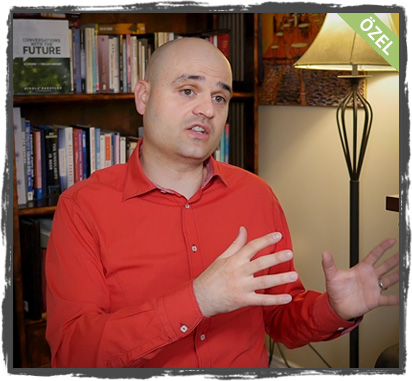 The first time I met Omer Ozdemir was at my
The first time I met Omer Ozdemir was at my 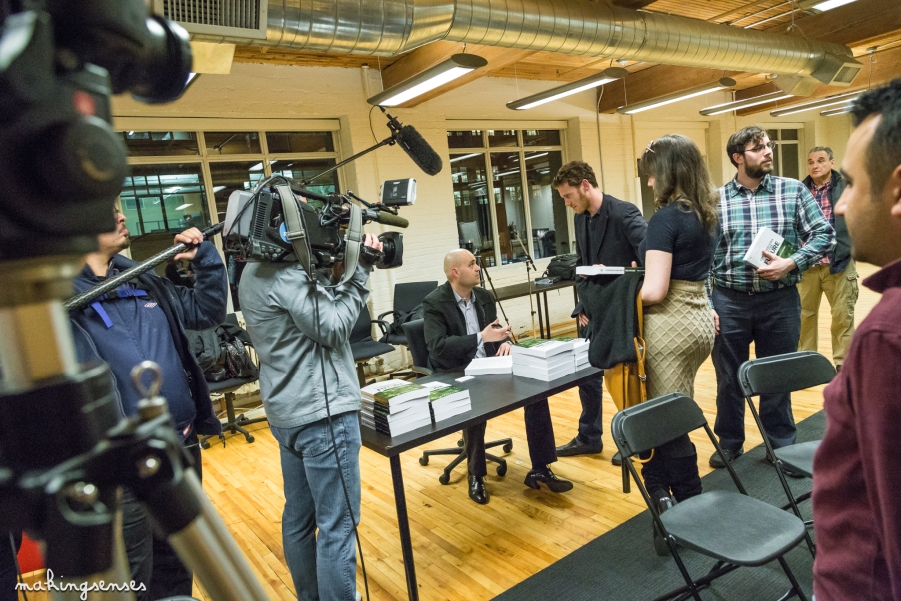 A couple of weeks ago, during
A couple of weeks ago, during  Yesterday I did a Facebook Live session together with comedian Amish Patel where we talked about our April Fool’s Prank, got serious about comedy and did a little comedy about the serious. So, if you still haven’t seen my “interview” with “Dr. Amish Patel” on why
Yesterday I did a Facebook Live session together with comedian Amish Patel where we talked about our April Fool’s Prank, got serious about comedy and did a little comedy about the serious. So, if you still haven’t seen my “interview” with “Dr. Amish Patel” on why  As a Comedian and Entrepreneur,
As a Comedian and Entrepreneur,  A couple of days ago I got interviewed by
A couple of days ago I got interviewed by  This Thursday I did an interview for
This Thursday I did an interview for 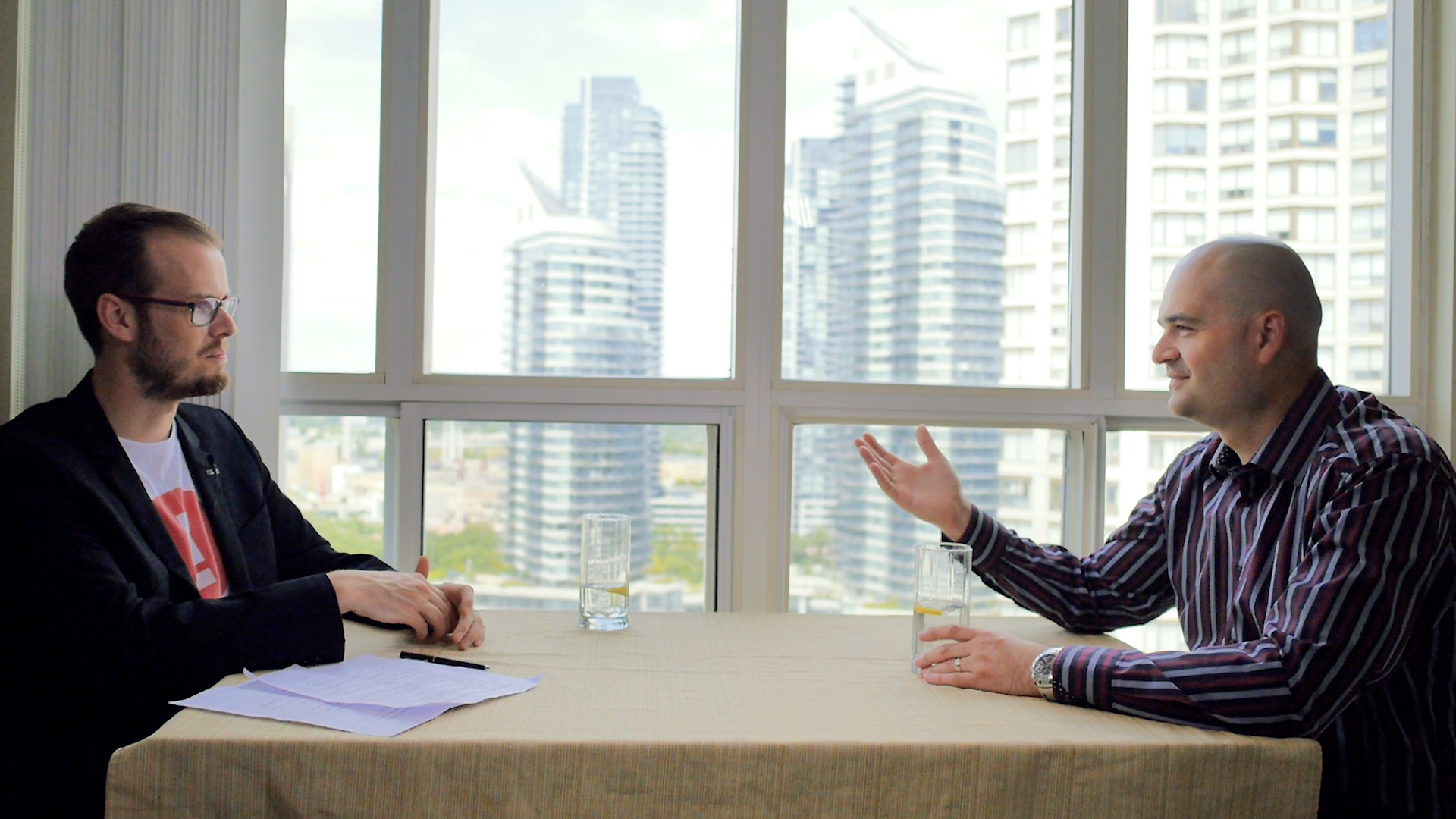 Every once-in-a-while, it is a good thing to do a headstand and look at the world from a different perspective. In podcasting terms that would mean putting Socrates in the hotseat and making me answer questions, rather than let me hide in asking them. And I could’t think of a person better qualified to do that than
Every once-in-a-while, it is a good thing to do a headstand and look at the world from a different perspective. In podcasting terms that would mean putting Socrates in the hotseat and making me answer questions, rather than let me hide in asking them. And I could’t think of a person better qualified to do that than 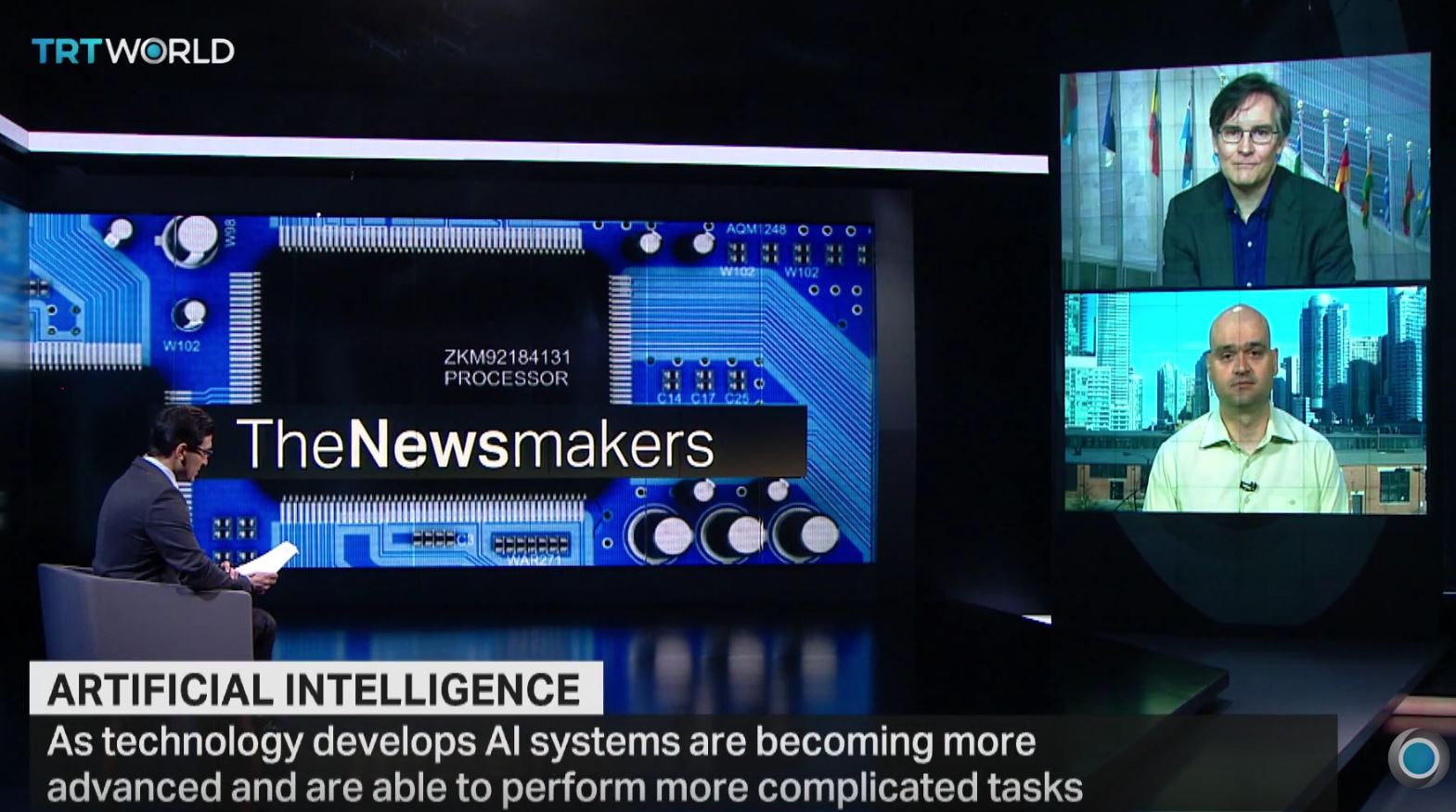 Last Wednesday morning I and John Rennie participated in a very short televised debate for TRT World News titled “Are we nearing the Singularity?”.
Last Wednesday morning I and John Rennie participated in a very short televised debate for TRT World News titled “Are we nearing the Singularity?”.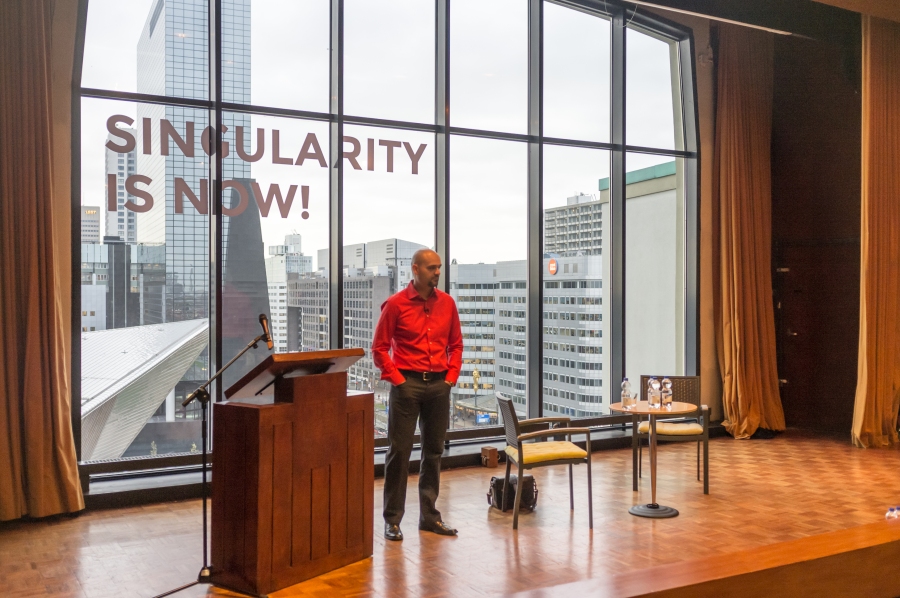
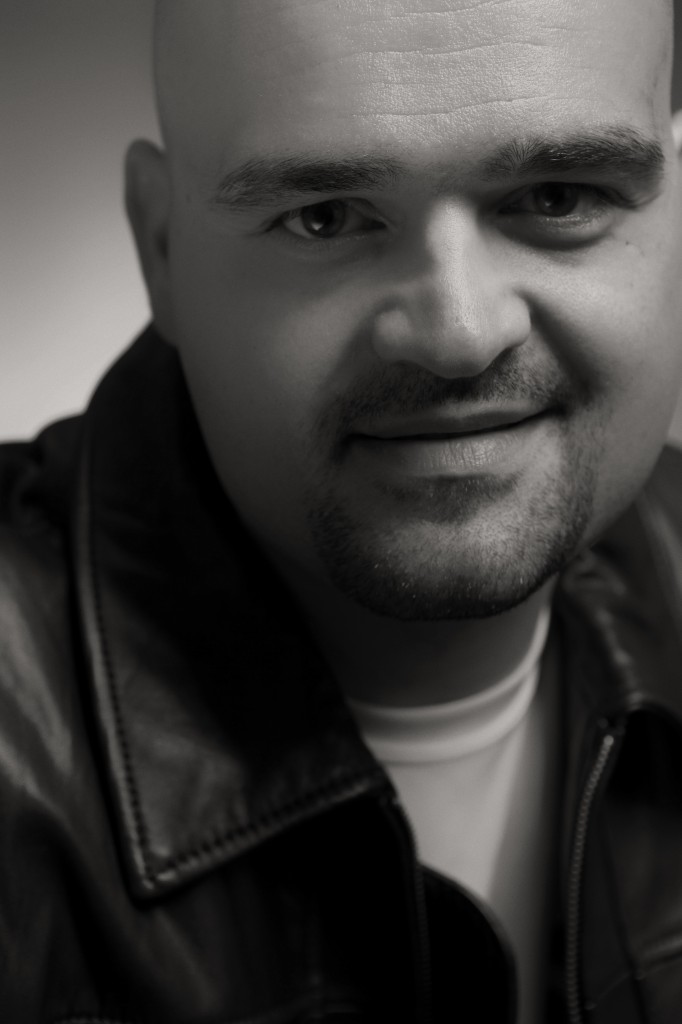 On November 17, 2015 Singularity University Netherlands is organizing a
On November 17, 2015 Singularity University Netherlands is organizing a 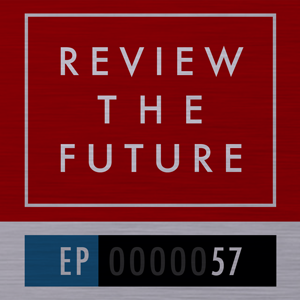 A few weeks ago I got interviewed on
A few weeks ago I got interviewed on 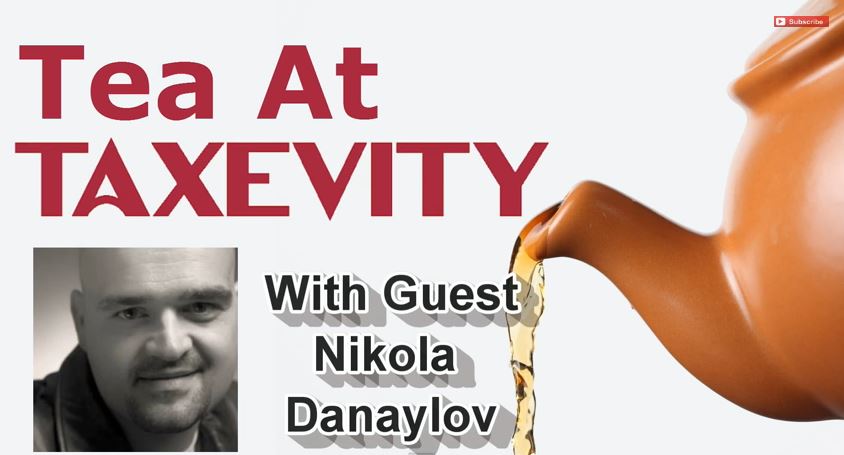 A couple of weeks ago I went to visit my friend Promod Sharma who runs the
A couple of weeks ago I went to visit my friend Promod Sharma who runs the